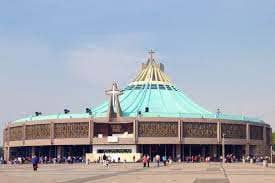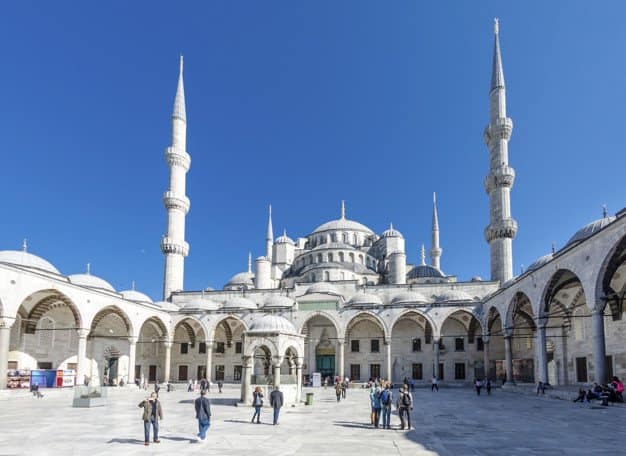TESTAMENT I
It wasn't the Pandemic, nor its thousands of dead,
It was life, which crushes the streets every day
and one or another memory stored in the trunk
with its steps, its shadows and other forms.
TESTAMENT II
I'm not sorry to hear the whistle of the air
attached to the afternoon, while the thrushes return,
almost without realizing it my face got wet
Has the drizzle started, or is it a silent cry?
TESTAMENT.III
I don't like early, nor being at midnight
although I can pray beyond Los Olivos without falling asleep,
or heed the call or the bells, I prefer prayer
without warning, it comes from the heart and is not the same.
TESTAMENT.IV
It can be the Mosque, the Church or the chapel, the centenary tree,
a green grass, very fresh and spaced, a calcareous rock
cut by the hand of man or the passing of the years
there I will pray, it comes from time ago…because it is the same.
TESTAMENT V
First of all, free poetry is a form of poetic expression. Those who know about this matter think that it is also characterized by its intentional departure from the patterns of rhyme and meter. While one who is less well versed in the matter might think that as a result, this is one of the easiest ways, it also has its rules. As a result of them, the poem looks for flows of rhythm and finally resorts to subjective, connotative language. It is insisted that their words and expressions should be especially relevant, they can or should? include more than one meaning or interpretation. Finally, literary language is figurative, it is the way in which it uses metaphors, as well as simile and other literary figures.
Author



